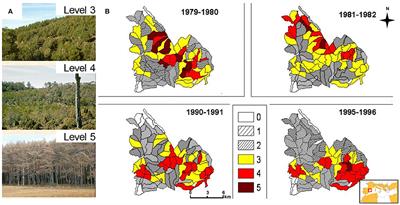ORIGINAL RESEARCH
Published on 28 Jun 2021
A Disrupted Historical Fire Regime in Central British Columbia
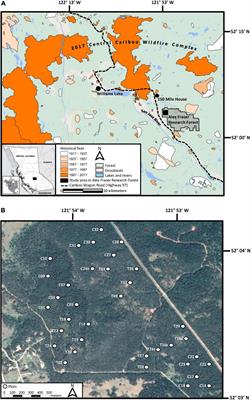
doi 10.3389/fevo.2021.676961
- 13,386 views
- 29 citations
6,076
Total downloads
40k
Total views and downloads
ORIGINAL RESEARCH
Published on 28 Jun 2021

ORIGINAL RESEARCH
Published on 01 Apr 2021
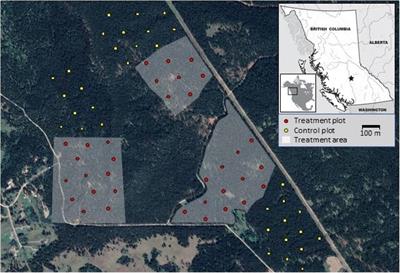
ORIGINAL RESEARCH
Published on 05 Aug 2020
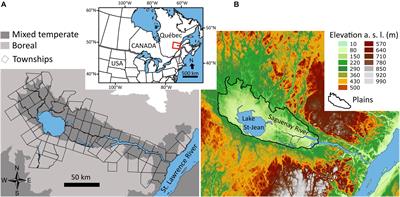
ORIGINAL RESEARCH
Published on 09 Jun 2020
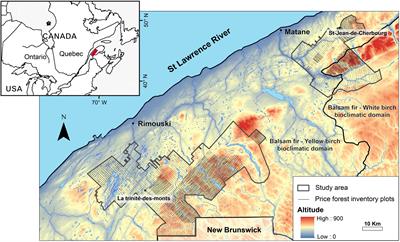
ORIGINAL RESEARCH
Published on 15 May 2020
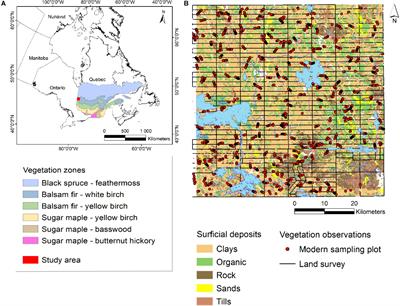
ORIGINAL RESEARCH
Published on 28 Nov 2019
